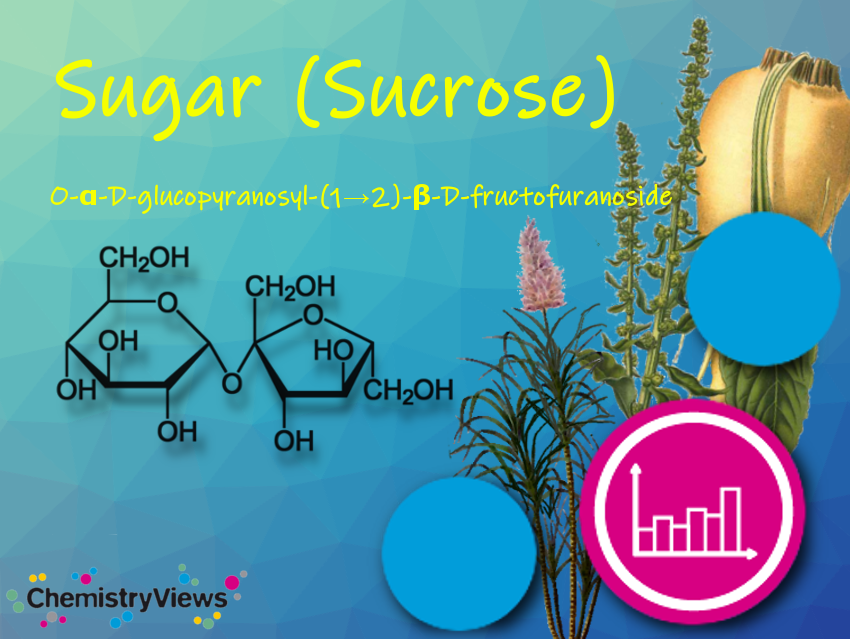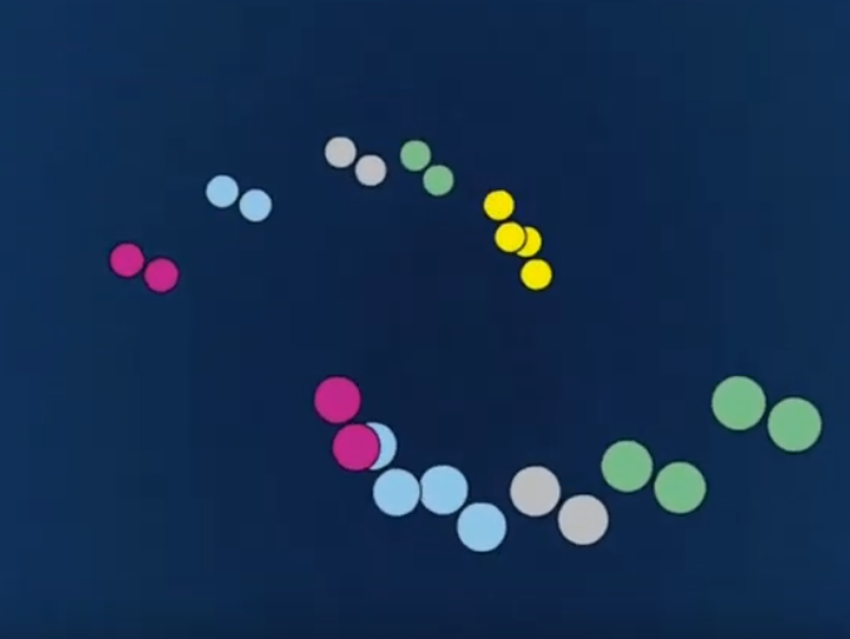By providing special artificial light, an ideal temperature, and selected nutrients in a closed greenhouse, plants grow entirely without soil, more quickly, and with a higher yield than in their natural environment. This is the result of a test run of the EDEN-ISS greenhouse at the Bremen site of the German Aerospace Center.
In December, the greenhouse will be run by DLR scientist Paul Zabel for one year at the Neumayer III Antarctic station located on the Eckström Ice Shelf in the Atlantic sector of Antarctica, which is operated by the Alfred Wegener Institute (AWI). The technology will enrich the diet of the Neumayer III winter hermits and at the same time the supply scenario of a human mission to the Moon or Mars is simulated.
The aeroponics technique is used to cultivate plants in a sterile environment without soil by spraying them with a water/nutrient blend. The researchers adjust the atmosphere in the greenhouse to best suit the needs of the plants. The carbon dioxide content is increased, special filters to clean the air of any fungal spores and bacteria are used, and the air is sterilized with UV radiation. This enables entirely organic cultivation without insecticides and pesticides. Like on a space station, the greenhouse has an airtight circulation system, including an airlock that the researchers will use as entrance. The closed circuit makes it possible to recapture all of the water that the plants release into the air and reuse it.
The artificial Sun is a cocktail of blue, red and white light that bathes the containers and plants in shimmering violet hues. Light is shone on the plants in a determined day/night rhythm for 16 hours, after which they are left to rest light-free for eight hours. A water-cooled LED system, with computerized control of each individual LED and its wavelength, provides the specific conditions needed for each plant to thrive effectively.
- German Aerospace Center (Deutsches Zentrum für Luft- und Raumfahrt; DLR), Bremen, Germany
International partners are jointly working in the research consortium of the EDEN-ISS project under the auspices of DLR: Alfred Wegener Institute Helmholtz Centre for Polar and Marine Research (AWI), Wageningen University & Research (Netherlands), Airbus Defence and Space (Germany), LIQUIFER Systems Group (Austria), National Research Council (Italy), University of Guelph (Canada), Enginsoft (Italy), Thales Alenia Space Italia (Italy), AeroCosmo (Italy), Heliospectra (Sweden), Limerick Institute of Technology (Ireland), Telespazio (Italy) and the University of Florida (USA). Project funding comes from the European Framework Programme for Research and Innovation Horizon 2020 under project number 636501.




